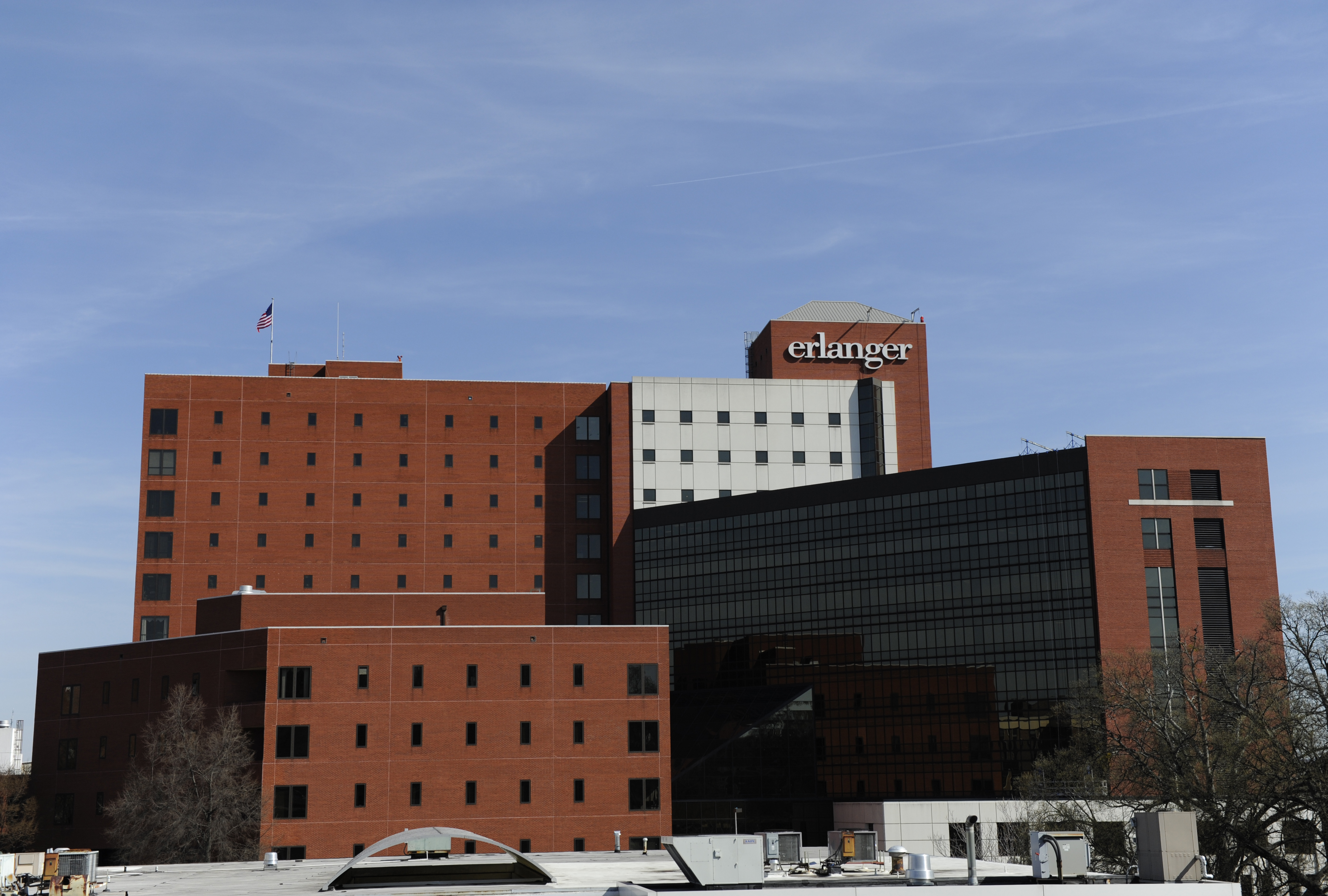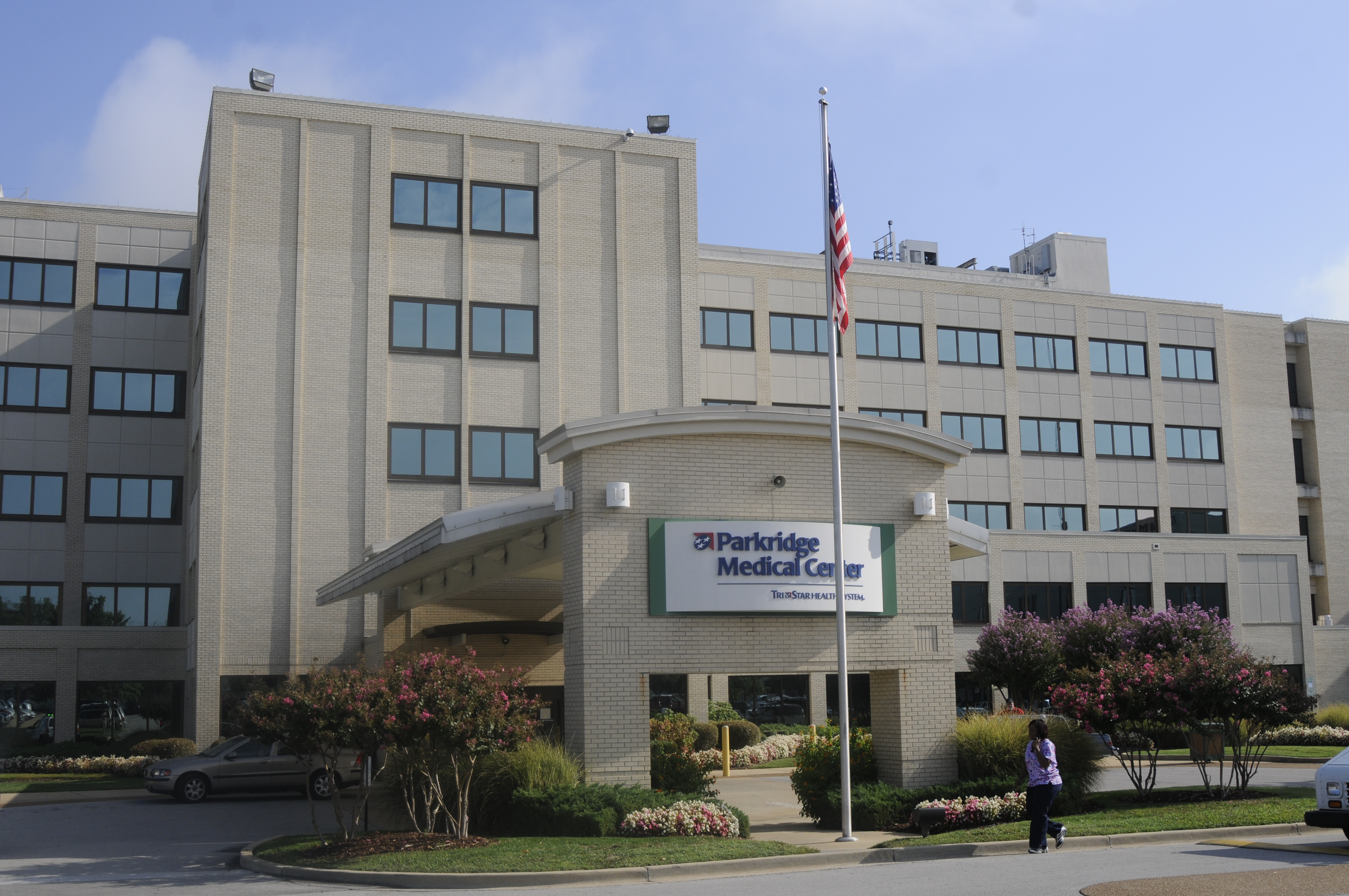For Chattanooga hospitals, April 27 was game seven of the World Series, bottom of the ninth inning, tied up.
Time to step up to the plate.
Erlanger Health System, the region's medical safety net and only Level One Trauma Center, had prepared for the tornadoes' worst by early evening, launching its "All Hazards Emergency Operations Plan," bringing in extra employees and not allowing staff, patients or visitors outside or near glass.
Trauma patients, 94 in all, arrived at Erlanger's downtown campus -- a trickle because Life Force helicopters were grounded -- from Apison; Ringgold, Ga.; Fort Payne, Ala.; and more, sometimes five or six to an ambulance.
Most were extensively injured with intense bleeding, broken bones and "shrapnel-type injuries from glass and things exploding," according to Dr. Bob Maxwell, the hospital's on-call trauma surgeon at the time.
Doctors went into triage mode, Maxwell said, prioritizing intensive-care units and moving some "very sick" patients to recovery rooms.
Physicians performed dozens of emergency procedures throughout the night.
"The amount of soft-tissue injury we saw from flying debris and shrapnel was rather impressive," Maxwell recalled last week. "It certainly was one of the worst things I've seen in my career."
Triage also occurred at Memorial Health Care System, where officials pulled patients and families out of the glass-enclosed emergency department waiting room and placed them in an internal hallway. Hospital staff used a gastrointestinal lab as an overflow care site for storm victims.
One Memorial physician went to Georgia with emergency workers to dole out pain medication and splints as needed.
Parkridge Health System handled 20 to 25 extra patients and, in several cases, animals.
"Several displaced individuals had pets with them, so the director of the Parkridge East [emergency department] ended up feeding and watering many of the pets himself," said Alison Counts, a spokeswoman for Parkridge Health System.
Erlanger officials staffed the maximum number of operating rooms -- five -- for hours. But asking personnel who had already gone home to come back by driving through hell "was not an option," hospital documents show, so Erlanger kept some employees on the clock for a full night of overtime.
At its five area emergency departments, Erlanger Health System treated 169 adults and children for weather-related injuries. While one DeKalb County, Ala., child died, all other children and adults survived.
For a few hours, backup generators powered Erlanger East and Erlanger North. Debbie Shepherd, Erlanger's veteran corporate preparedness officer, said internal communications could have been better, but otherwise "everything went well" and there were enough workers to do the job.
But in 20 years on the job, nothing compared to the tornado's havoc, she said.
"I never want to have to go through that day again," she said. "We didn't have the luxury of being able to go home, of course, that's part of the job. But we had loved ones we had to check on. If they were in the [tornado's] path, you prayed and hoped you could get in touch with them sooner or later."
Representatives from several hospitals said competition for patients subsided in favor of coordination with emergency management agencies.
"I remain very proud of how professional and caring everyone remained throughout the long day and night," said Jan Woods, Memorial's emergency center director. "It was a humbling experience."


